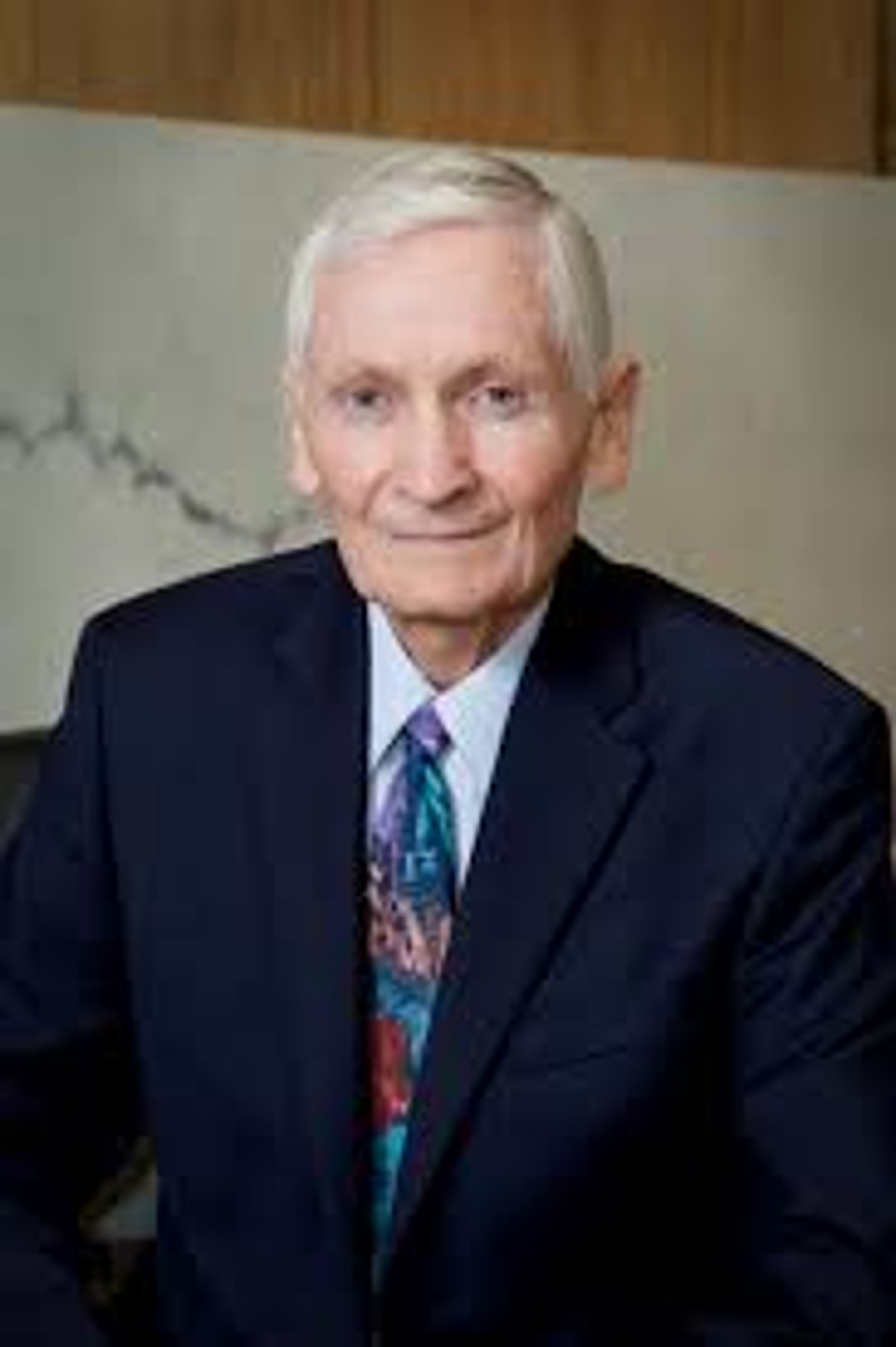His View: Some helpful tips for a new code of the West
It’s not always easy living in the rural West, with customs so entrenched that everybody takes them for granted. What makes it hard for the newest newcomers is that they’re caught up in a mysterious culture.
Learning the Old West code was easy decades ago. Novelist Zane Gray’s “Code of the West” told men to wear a hat only outdoors, to never wave but nod at someone on horseback, and to treat women with chivalry. You — and “you” were always presumed to be male — were also advised to take your gun belt off before sitting down to eat.
But here we are in 2022, and from what county officials and some jaundiced newcomers tell me, the cultural confusion for newcomers almost always starts with private property. For example, the newbies tend to get huffy about their boundaries and can’t believe they have to fence livestock out.
Wyoming, of course, is a classic fence-out state where cows outnumber people more than 2 to 1. Irrigation is another area of contention, as water law can be murky. A ditch may run close to your property but that doesn’t mean you can take water out of it.
To make the urban-rural transition easier, I’ve collected 10 tips guaranteed to ease you into your new life. But first, know that you will never become an old-timer, although with patience you might become what Western historian Hal Rothman dubbed a “neo-native.” Here’s hoping this helps:
1. Always wave at neighbors when you see them and make eye contact with everyone who passes you, either in a car or on foot. This is not a challenge; it means you’re neighborly. And be cordial to everyone you see at the post office because you will see them everywhere. You may even see their dual personas, as many locals must work two or even three jobs to pay the rent.
2. Never go for a long hike with new boots. Take enough water and food for yourself and to share. Bring a rain jacket and sweater and waterproof matches. The saying “If you don’t like the weather, wait five minutes,” is dead-on accurate. And when someone on a hike assures you that “It’s all downhill,” it’s only partially uphill. “A little technical” means the mountain has hair-raising sections, while “just around the corner” means the end of the trail is not.
3. Realize that nobody is more important than anybody else. Rich and poor may sport raggedy clothes. Notable figures in town are probably dogs; learn their names.
4. Know that it’s considered rude to insult a person’s dog, but if it comes on your land and harasses your cattle, you can shoot the dog. If your dog chases wildlife, you’re in for a big fine and maybe worse.
5. Flashing your headlights to oncoming cars is good form if there’s a hazard ahead, usually a deer, or perhaps a deputy sheriff trolling for speeders.
6. Notice that law enforcement people are not the only people carrying guns, and a gun on the hip doesn’t necessarily indicate political party.
7. Always stop to help people on a trail or road because federal agencies are spread too thin for fast rescues. Locals would stop to help you, even if your hat logo fails to reflect their politics.
8. You might be bored senseless, but you will learn what local public service is all about if you sample meetings from school board to county commission. And immediately volunteer at a nonprofit or two, while also subscribing to your local paper if you’re lucky enough to have one.
9. Clean jeans are considered dress-up.
10. Forego saying you’re pretty good at something unless you have a death wish. For example, in Durango, Flagstaff or Jackson, saying you’re a “good” mountain biker or skier is an invitation to be politely left behind at midday.
Bonus tip: If you think about buying a house next to a yard full of old farm implements, don’t be tempted. That yard collection is permanent. Complaining, however, rarely works in the rural place you’ve adopted.
A painful lesson might be that, like it or not, you can only change yourself. Wagon wheels are always a safe decoration.
Marston is publisher of Writers on the Range, writersontherange.org, an independent nonprofit dedicated to spurring lively conversation about the West. He grew up in rural Colorado.








